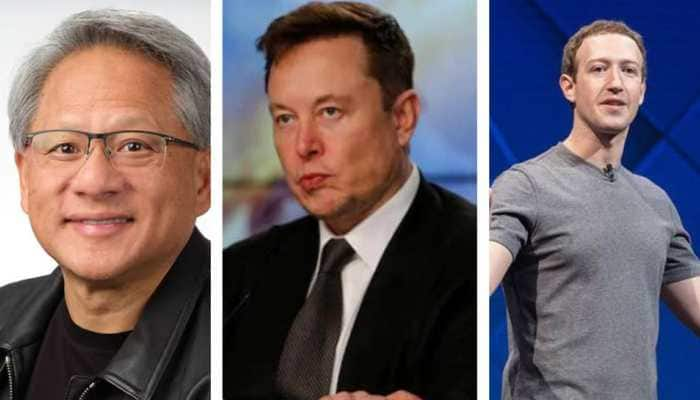Tesla delivers first electric semi trucks to Pepsi, claims 800 km of range
The deliveries of Tesla semi trucks have been long overdue and have been delayed since they were promised to the soft drink manufacturing giant Pepsi in 2017, reports PTI.
Trending Photos
) Image for representation
Image for representation Elon Musk announced that Tesla would begin producing electric semi-trucks more than three years ago, and on Thursday, the business delivered its first such vehicles to PepsiCo. At a plant close to Reno, Nevada, the Austin, Texas, corporation officially delivered the vehicles. The occasion was broadcast live on Twitter, which Musk now controls. In front of a crowd inside the facility, Musk drove one of the three Tesla Semis. One was painted white, one bore the Pepsi logo, and the third bore the colours of Frito-Lay.
PepsiCo, which is based in Purchase, New York, is taking part in a zero-emissions freight project at a Frito-Lay facility in Modesto, California. That project is being funded by a USD 15.4 million clean-freight technology grant from the California Air Resources Board that includes 15 Tesla battery-electric tractors and other electric- and natural-gas-powered trucks.
Also read: Hyundai IONIQ 5 bookings to open on December 20 in India, launch likely at 2023 Auto Expo
Electric semis also would be eligible for a federal tax credit of up to USD 40,000. At an event in November of 2017 unveiling the Tesla Semi, Musk said production would begin in 2019, and the trucks would be able to follow each other autonomously in a convoy. But during Tesla's third-quarter earnings conference call in October, he said the company's "Full Self Driving" system is not quite ready to be driverless.
Musk said the truck has a range per charge of 500 miles (800 kilometers) when pulling an 82,000-pound (37,000-kilo) load. The company plans to ramp up Semi production to make 50,000 trucks in 2024 in North America. Competitors working on hydrogen-powered semis say battery-powered trucks won't work for long-haul carriers because it will take too long to recharge the huge batteries.
With inputs from PTI
Stay informed on all the latest news, real-time breaking news updates, and follow all the important headlines in india news and world News on Zee News.
Live Tv







)
)
)
)
)
)
)
)
)
)
